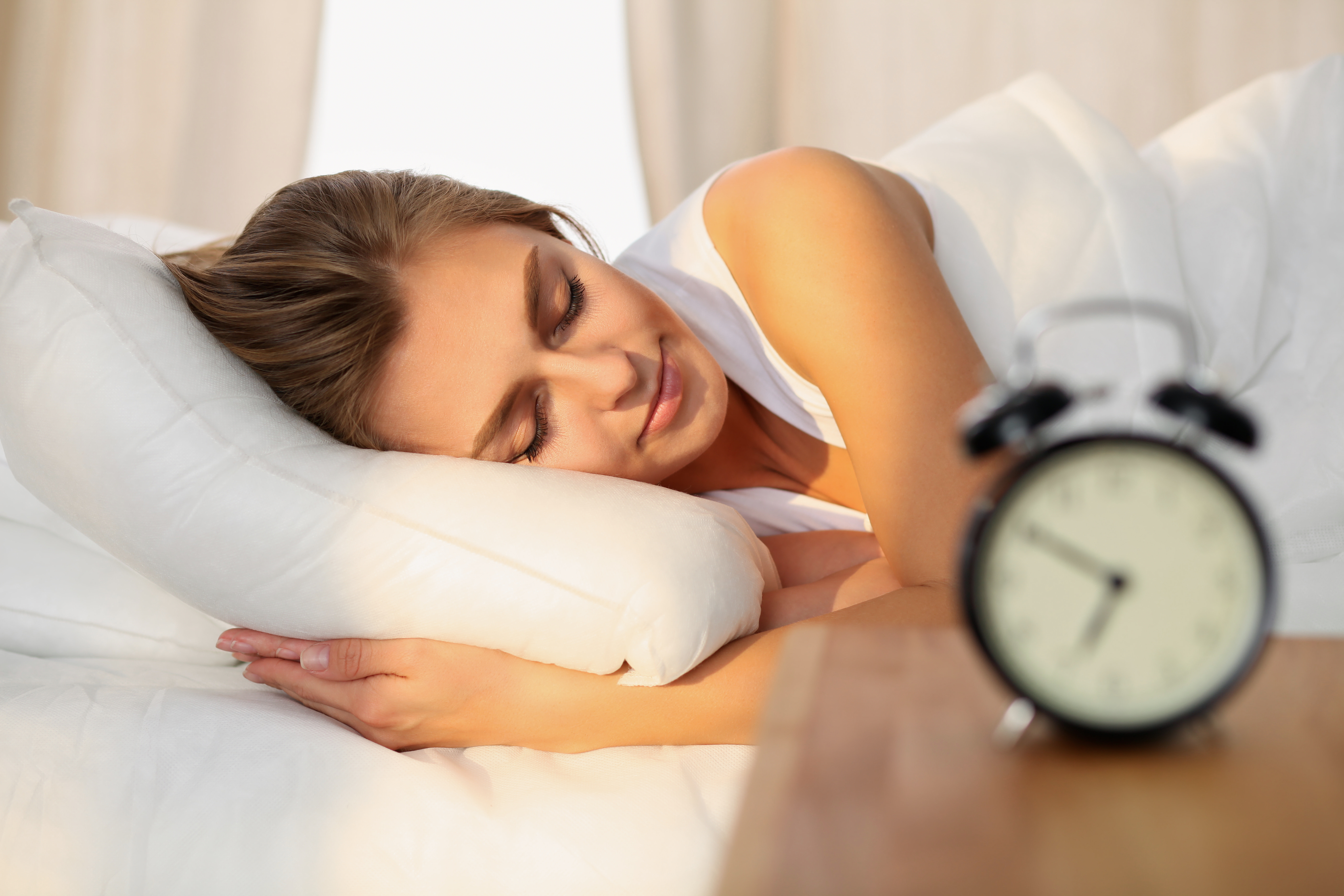People with a natural inclination to go to bed later and wake up later than what is typically considered normal (a.k.a Night Owls) are often diagnosed with Delayed Sleep Phase Disorder (DSPD). Their 24 hour sleep-wake cycle is delayed, making them energetic long after most people have fallen asleep. DSPD is estimated to affect 15 percent of the U.S. population.
Researchers out of Rockefeller University report they have discovered a genetic variant of the CRY1 gene which actually slows the internal biological clock. This “clock” controls the circadian rhythms, which are the somatic mechanisms within all living creatures that controls patterns in response to daylight, seasons, etc. Circadian rhythms help you to sleep during the night and think clearly during the day.
“Carriers of the mutation have longer days than the planet gives them, so they are essentially playing catch-up for their entire lives,” says first author Alina Patke, a research associate in the lab of principal investigator Michael Young, Richard and Jeanne Fisher Professor and Head of the Laboratory of Genetics at The Rockefeller University.
See the full article published in the journal Cell.
